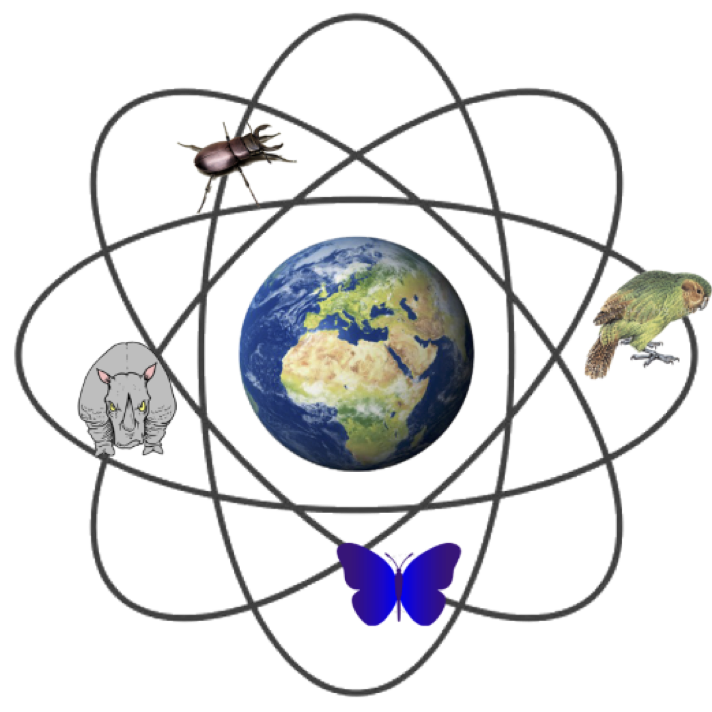
The 70’s are over. Professors Corey Bradshaw and Barry Brook’s latest research shows clearly that it is time for objective comparison of potential energy sources including nuclear, if we are to minimise net environmental damage.
More than 60 leading environmental scientists from 14 countries around the world agree, and have signed an open letter in support of the research recently published in the journal Conservation Biology.
Lowering greenhouse gas emissions is not only benefit of nuclear power. Models show that an energy mix including nuclear power has the lowest impact on wildlife and ecosystems.
By now, most of us are aware that fossil fuels pose a risk to biodiversity through climate disruption as a result of emissions. However biodiversity is also at risk from land transformation as as result of renewable energy sources, for example flooded areas for hydro electricity and associated road and development.
Previous research has shown that the momentum of population growth will not be easily curtailed and like it or not, the demand for energy will continue to increase.
“Full decarbonisation of the global electricity-generation sector is required soon to avoid the worst ravages of climate change,” says Professor Bradshaw, Director, Ecological Modelling at the Environment Institute and recently appointed Sir Hubert Wilkins Chair of Climate Change.
Hence the need for an objective, evidence-based evaluation of a mix of energy solutions.
The research evaluated 7 energy types: coal, gas, nuclear, wind, biomass hydro and solar, and compared them on the based on safety, cost, scaleability, reliability, land transformation and emissions.
Also tested was the sensitivity of rankings to philosophical bias.
From the Conservation Biology paper:
“Based on an objective and transparent analysis of our sustainable energy choices, we have come to the evidence-based conclusion that nuclear energy is a good option for biodiversity conservation (and society in general) and that other alternatives to fossil fuels should be subjected to the same cost–benefit analyses (in terms of biodiversity and climate outcomes, as well as sociopolitical imperatives) before accepting or dismissing them. We conclude that large-scale nuclear power—as a route to an electrified, oil-, gas- and coal-free economy—offers a positive way forward because it provides a low-risk pathway to eliminating the fossil-fuel dependencies, global energy poverty, and wealth imbalances that rank among the major forces driving today’s biodiversity crisis. At the very least, nuclear power needs to be considered seriously, alongside renewable sources of energy such as wind and solar power, in any robust sustainable energy mix for the future.”With publication of the research, Professor Corey Bradshaw and Barry Brook along with the 60+ signatories of the open letter urge the environmental community to “weigh up the pros and cons of different energy sources using objective evidence and pragmatic trade-offs, rather than simply relying on idealistic perceptions of what is ‘green’.”
Corey and Barry will be answering your questions between 2 and 3pm (AEDT) on Tuesday the 16th of December in the comments section of their piece in The Conversation published this morning.

